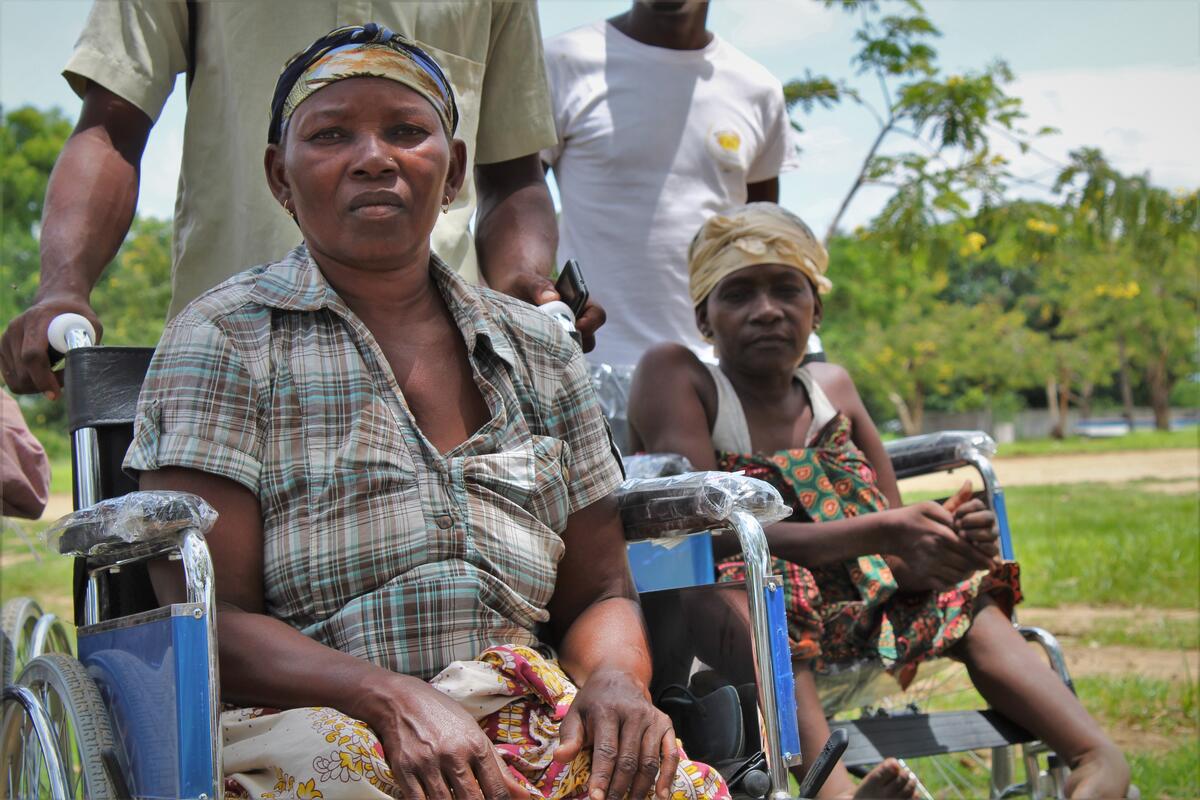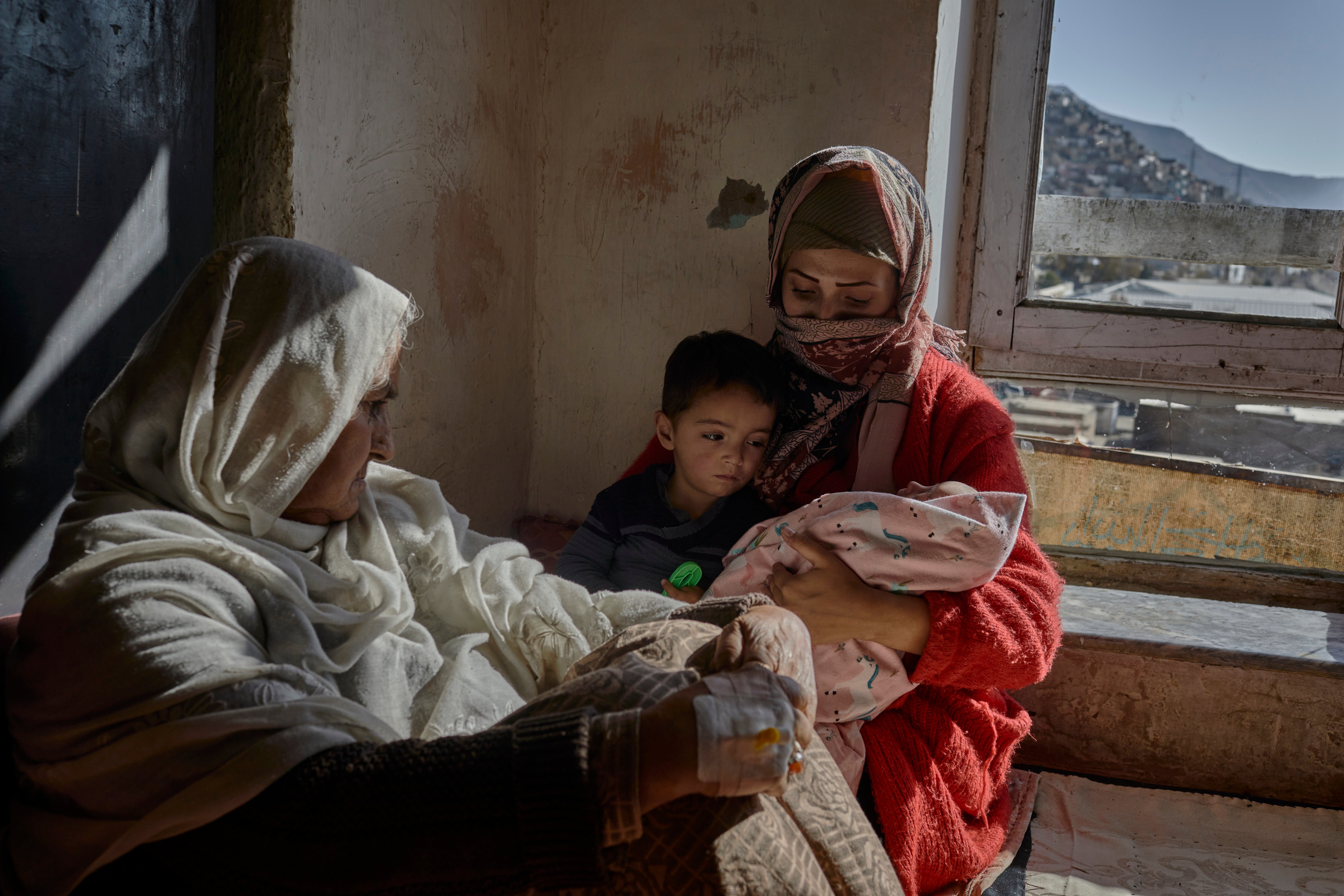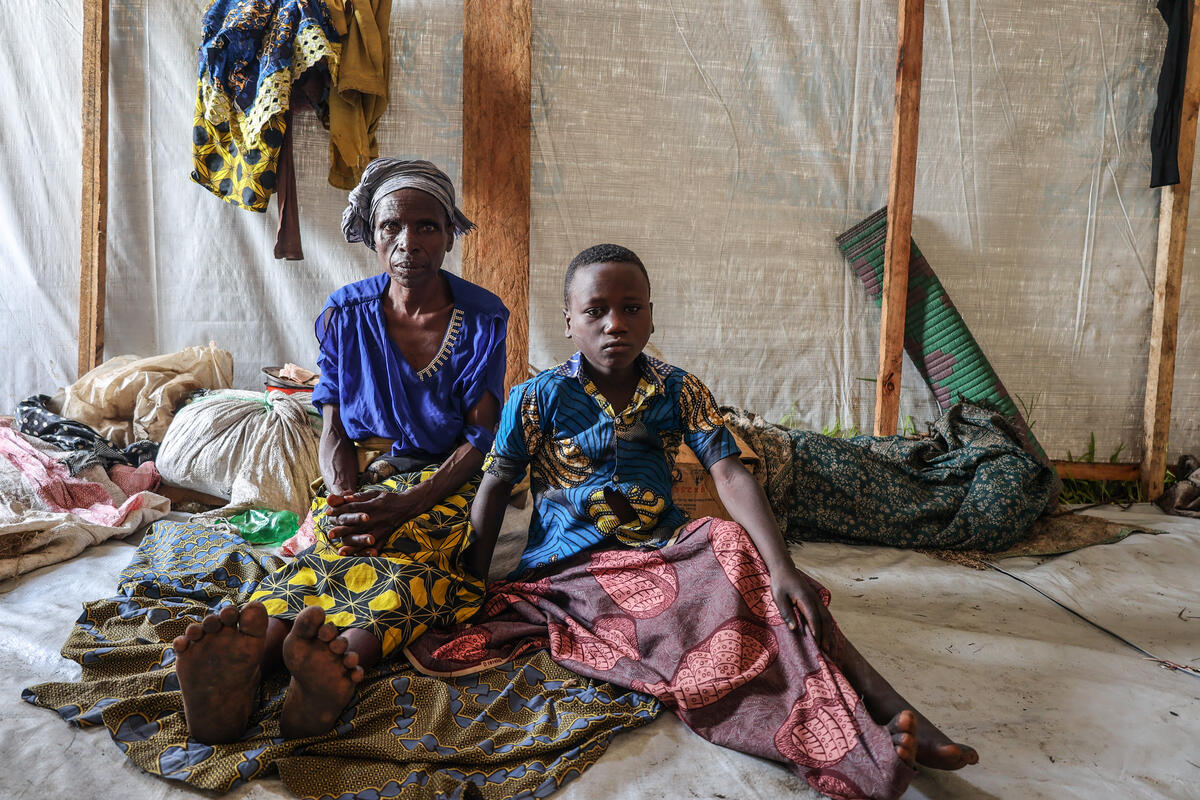16 Days of Activism: UNHCR renews commitment to help forcibly displaced women
16 Days of Activism: UNHCR renews commitment to help forcibly displaced women

GENEVA, November 25 (UNHCR) - UN High Commissioner for Refugees António Guterres on Thursday pledged a renewed commitment to address the continuing problems faced by refugee women and girls around the world.
"Clearly, many challenges remain," Guterres said in a special message to staff to mark the start of the annual 16 Days of Activism Against Gender Violence, an international campaign originating from the first Women's Global Leadership Institute in 1991.
This year's theme is "Structures of Violence: Defining the Intersections of Militarism and Violence Against Women." Noting this, the High Commissioner said militarism frequently aggravates and perpetuates violence, promoting a culture of fear and division that allows violence and aggression to flourish.
"The impact is disproportionately on women and girls, in particular through their subjection to rape as a weapon of war and other forms of SGBV [sexual and gender-based violence]," he said.
Guterres also recalled in his message that UNHCR had spoken 10 years ago with more than 500 refugee women about their protection situation. As a result of this dialogue, UNHCR made its "Five Commitments to Refugee Women:" individual registration and documentation; integrated strategies to combat SGBV; provision of sufficient and adequate sanitary materials; equal representation in refugee committees; and equal participation in the management of food and non-food items.
"Have we lived up to these commitments?," he asked, adding: "By and large, yes, we have. Individual registration and documentation for women refugees has increased. So too has women's participation in refugee committees and in the management of food and non-food items. Access to sanitary materials has improved. And almost all offices have established standard operating procedures for detecting and responding to SGBV, though the prevalence of SGBV remains elevated."
The High Commissioner noted that as part of UNHCR's renewed commitment to address the problems facing women, and in the context of the agency 60th anniversary activities, UNHCR recently launched a series of regional dialogues focusing on, but not limited to, women and girls. The first of these took place last week in New Delhi.
Guterres said that UNHCR offices around the world will mark the 16 Days of Activism with a wide range of events and activities to demonstrate their commitment to the elimination of sexual and gender-based violence. "We will also participate in the UN Secretary-General's 'Say NO - UNiTE to End Violence against Women' campaign."
In Geneva, Assistant High Commissioner for Protection Erika Feller gave a special address to UNHCR staff, many of whom wore white ribbons to signify their pledge never to commit, condone or remain silent about violence against women. Feller noted that in eastern provinces of the Democratic Republic of the Congo a staggering 12,000 women - many of them forcibly displaced - had been raped so far this year.
Also falling within the 16 days are International Women Human Rights Defenders Day (November 29), World AIDS Day (December 1), International Disability Day (December 3) and International Human Rights Day (December 10).








